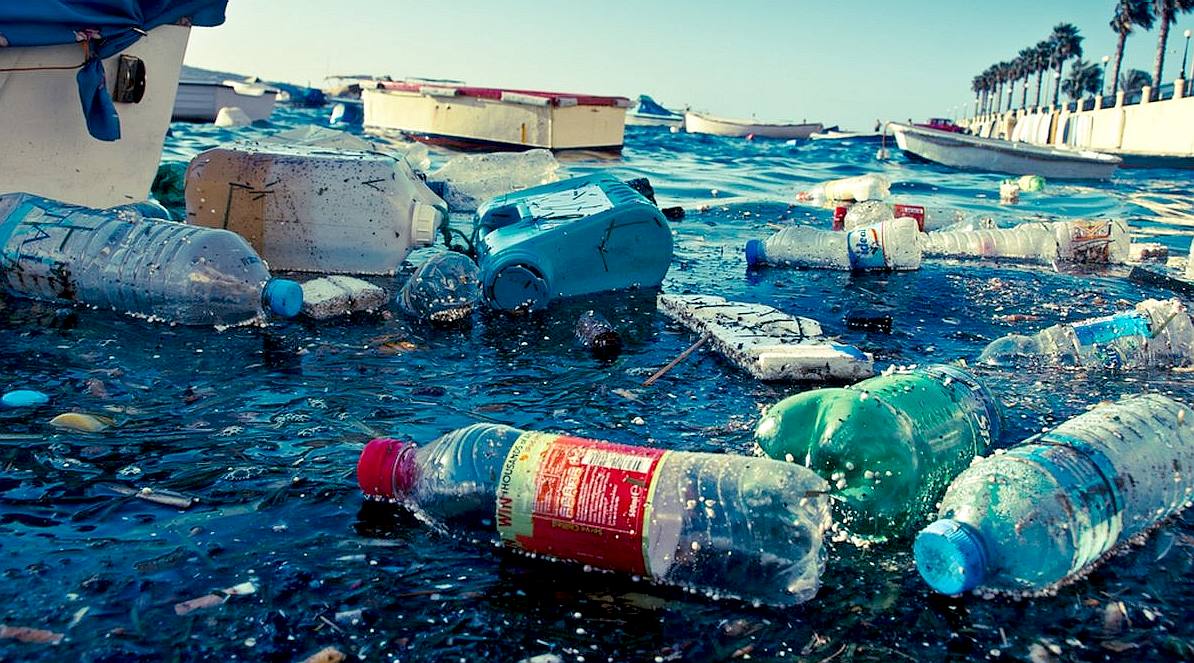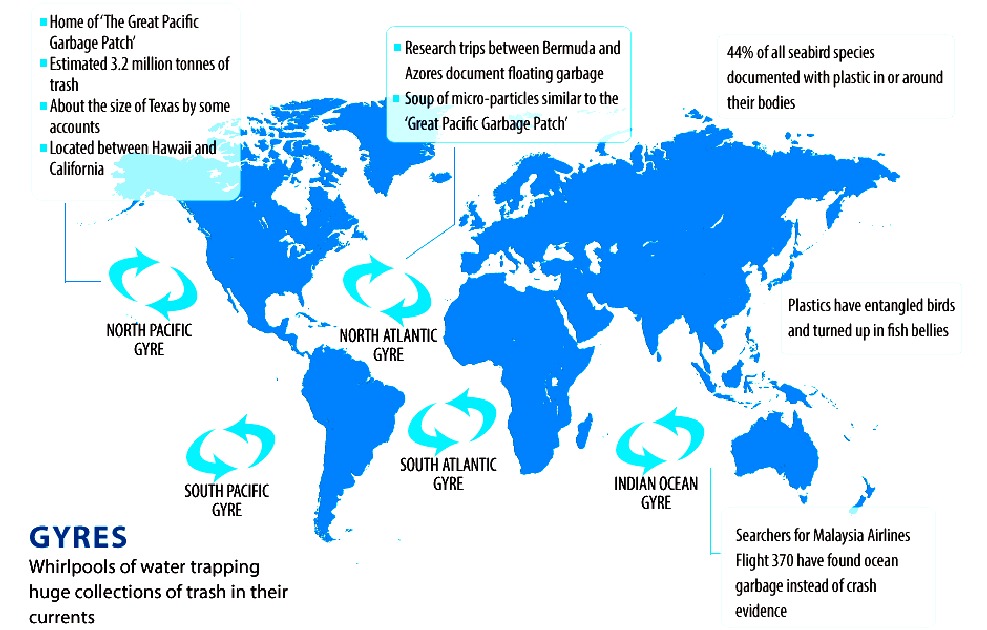|
PLASTICS - PRODUCERS
PLEASE USE OUR A-Z INDEX TO NAVIGATE THIS SITE
We cannot do without plastics in our modern society. It is incredibly versatile, extending the capabilities of mankind. But plastic is getting bad press from a lack of recycling efficiency in many countries where significant quantities are being flushed out to sea via rivers and other coastal dumping where it causes havoc in the marine environment.
We could just stop making plastic, but that would set us back technologically, with damaging economic distress all over the world and long term follow on ripples. What is needed is phased containment allied to circular accountability from corporations operating ethical trading policies in cooperation with local administrations and international organizations.
There is nothing wrong with plastic if it is disposed of carefully. Oil derived plastics are a finite resource and non-renewable demanding special attention, as with the changeover from burning fossil fuels to renewables.
This gives us another good reason to develop a system for using plastic sustainably, and this includes recycling it far more effectively than before. We cannot afford to waste plastic that is in our oceans, and we are talking about at least 8 million tons a year of the stuff going out to sea.
Plastic in the ocean has been found as deep as the Mariana Trench. At the moment we are allowing plastic to permeate everywhere. For an intelligent species that is rather reckless behaviour. Why? Because until Captain Charles Moore discovered where our waste was ending up about 20 years ago, nobody knew it was a problem.
Plastics manufacturing is a major part of the petrochemical industry stemming from oil processing. In 2014, sales of the top fifty companies amounted to $961,300,000,000 US.
The global Polyolefins market industry was valued approximately USD 150.9 billion in 2016, anticipating a healthy growth rate of more than 7.82% over a forecast period 2017-2025. The major factors driving the growth of the Polyolefins Market includes the increasing demand for plastic products and demand for light weight performance material in the Automotive industry.
Key Players featuring in
the Polyolefins (PO) market:
FAST FOOD SLOW DEATH - It's not just fast food, it is our exploitative society that is poisoning the planet, without thought for the consequences. We've been living at artificially low prices at the expense of killing other life on earth. Eat cheap now and suffer expensively later, with health services picking up the tab and costing the taxpayer more than if we'd dealt with ocean dumping up front. We are talking here about the consequences of eating toxic fish. Technically, it is possible to remove plastic from seawater. There are two projects currently trying to achieve this, the Ocean Cleanup Projects of Boyan Slat and his giant floating booms, and the Cleaner Ocean Foundation and SeaVax.
It's easy to dismiss plastics as cheap and nasty materials that wreck the planet, but if you look around you, the reality is that we depend on it. If you want cars, toys, replacement body parts, medical adhesives, paints, computers, water pipes, fiber-optic cables, and a million other things, you'll need plastics as well.
If you think we struggle to live with plastics, try imagining for a moment how we'd live without them. Look around your home, office and car. Plastic is fantastic. We just need to be smarter and more sensible about how we make it, use it, and recycle it when we're done with it.
Most plastics are synthetic, they'd never spontaneously appear in the natural world and they're still a relatively new technology, so animals and other organisms haven't really had chance to evolve so they can feed on them or break them down.
Since a lot of the plastic items we use are meant to be low-cost and disposable, we create an awful lot of plastic trash. Put these two things together and you get problems like the Great Pacific Garbage Patch, a giant "lake" of floating plastic in the middle of the North Pacific Ocean made from things like waste plastic bottles.
How can we solve horrible problems like this? One solution is better public education. If people are aware of the problem, they might think twice about littering the environment or maybe they'll choose to buy things that use less plastic packaging.
Another solution is to recycle more plastic, but that also involves better public education, and it presents practical problems too (the need to sort plastics so they can be recycled effectively without contamination). A third solution is to develop bioplastics and biodegradable plastics that can break down more quickly in the environment.
Plastic pollution has passed the point where we can return to a planet undamaged by synthetic polymers. The only hope is that mankind can learn to respect plastic enough for each and every one of us to treat it with great care.
But also, and this is critical, that we use what we’ve learned about plastic pollution to urge the rapidly expanding plastics industry to redesign products and create a claw-back infrastructure that makes plastic products benign.
* Denotes membership of the AEPW
LINKS & REFERENCE
https://www.trendrr.net/2374/10-best-plastic-companies-in-the-world-largest-famous-top-seller/ https://www.bbc.co.uk/newsround/42810179 https://www.explainthatstuff.com/plastics.html
MARINE LITTER BUILD UP - Plastic has accumulated in five ocean hot spots called gyres, see here in this world map derived from information published by 5 Gyres. All that plastic just floating around is a huge waste of resources in a sustainable sense, where we should be aiming for a circular economy.
ABS - BIOMAGNIFICATION - CANCER - CARRIER BAGS - COTTON BUDS - DDT - FISHING NETS HEAVY METALS - MARINE LITTER - MICROBEADS - MICRO PLASTICS - NYLON - PACKAGING - PCBS PET - PLASTICS - POLYCARBONATE - POLYSTYRENE - POLYPROPYLENE - POLYTHENE - POPS PVC - SHOES - SINGLE USE - SOUP - STRAWS - WATER
PLEASE USE OUR A-Z INDEX TO NAVIGATE THIS SITE
This website is provided on a free basis as a public information service. copyright © Cleaner Oceans Foundation Ltd (COFL) (Company No: 4674774) 2021. Solar Studios, BN271RF, United Kingdom. COFL is a company without share capital.
|

